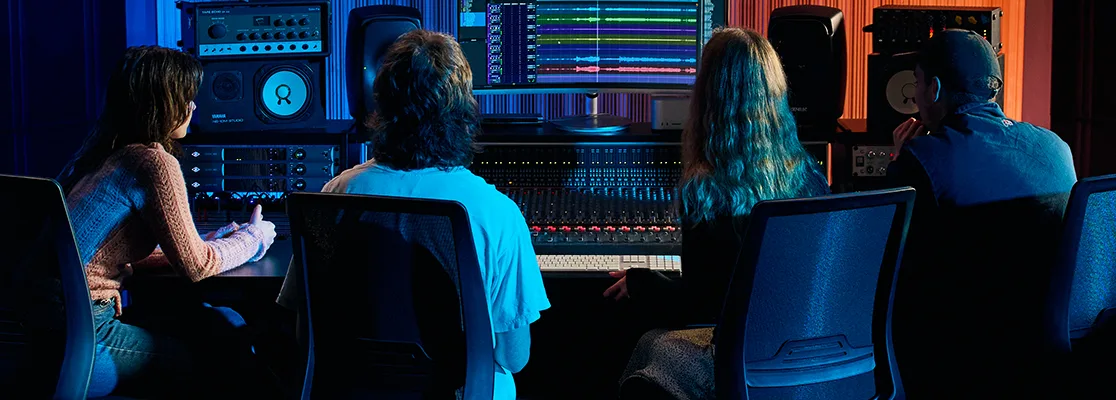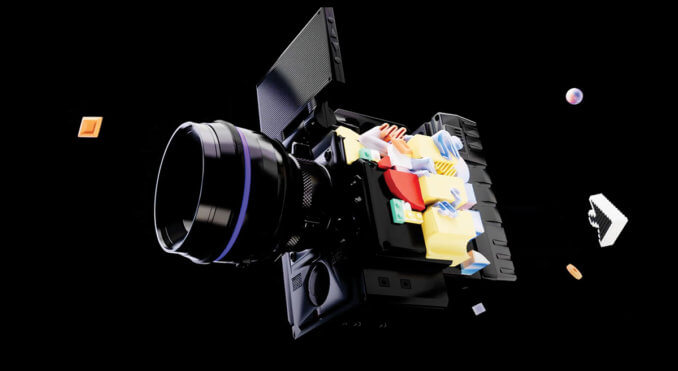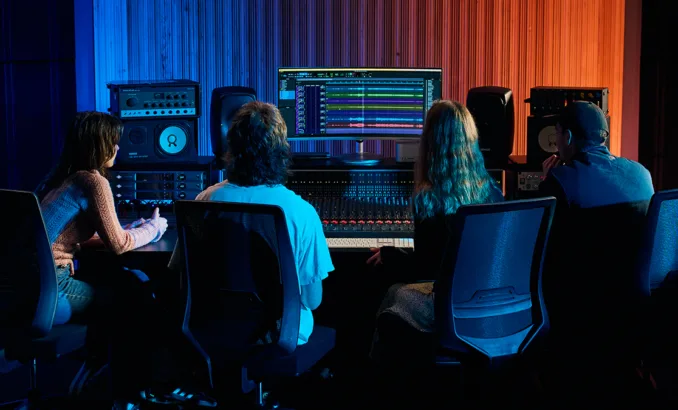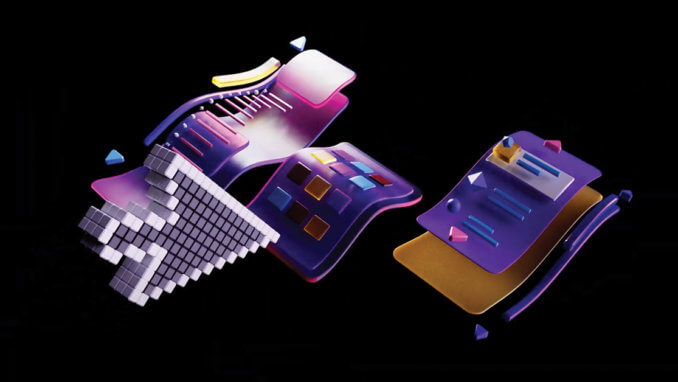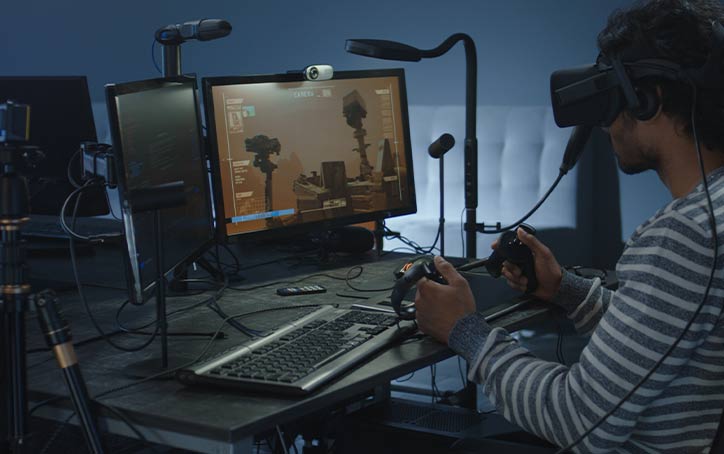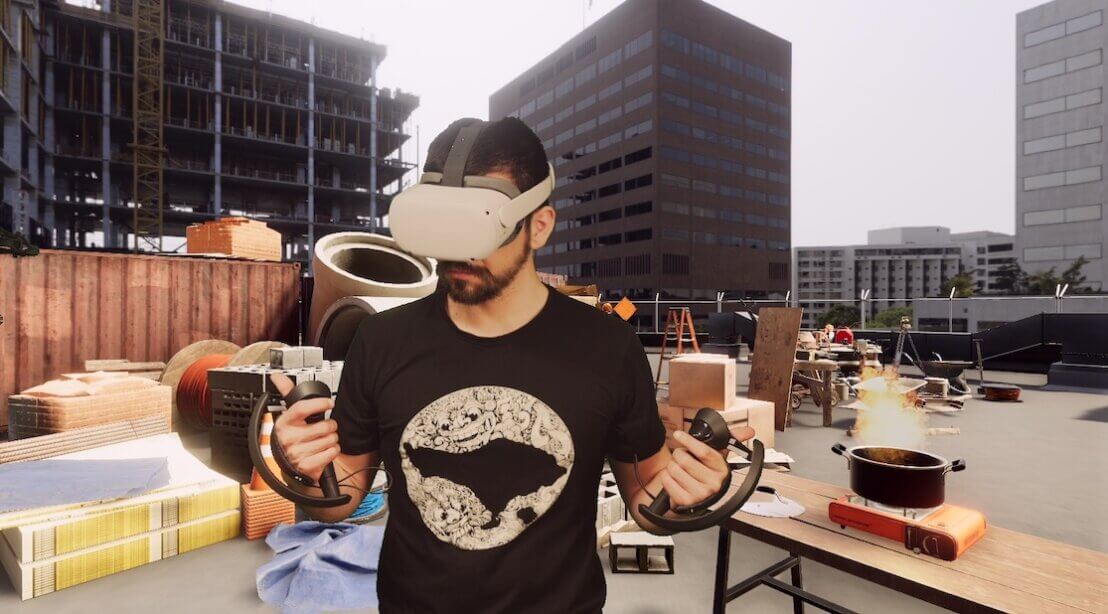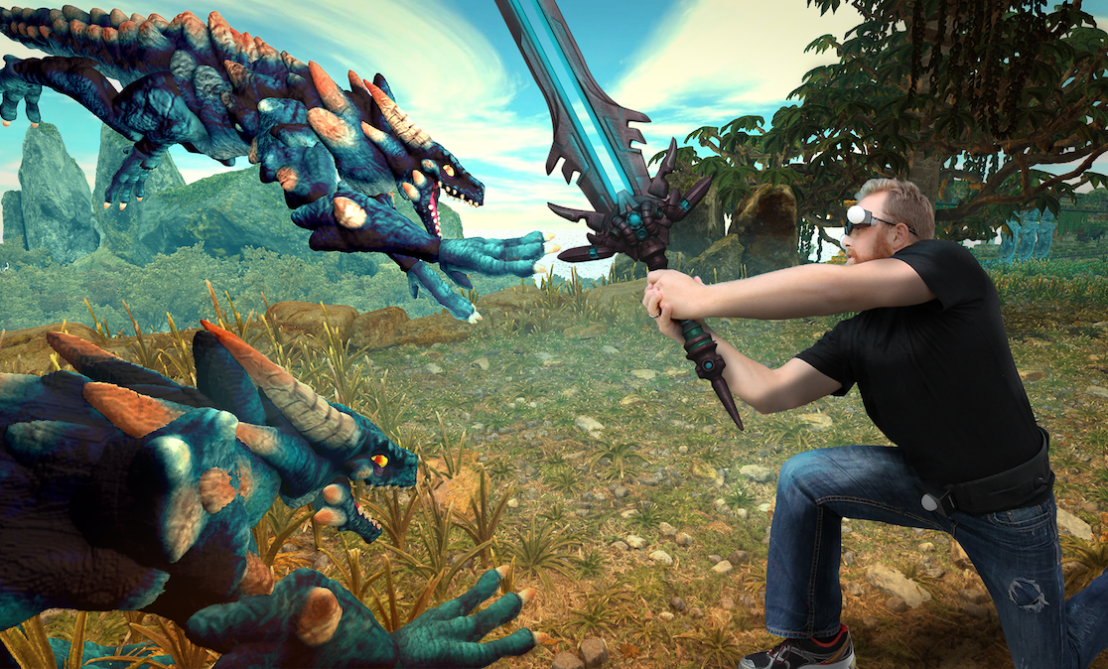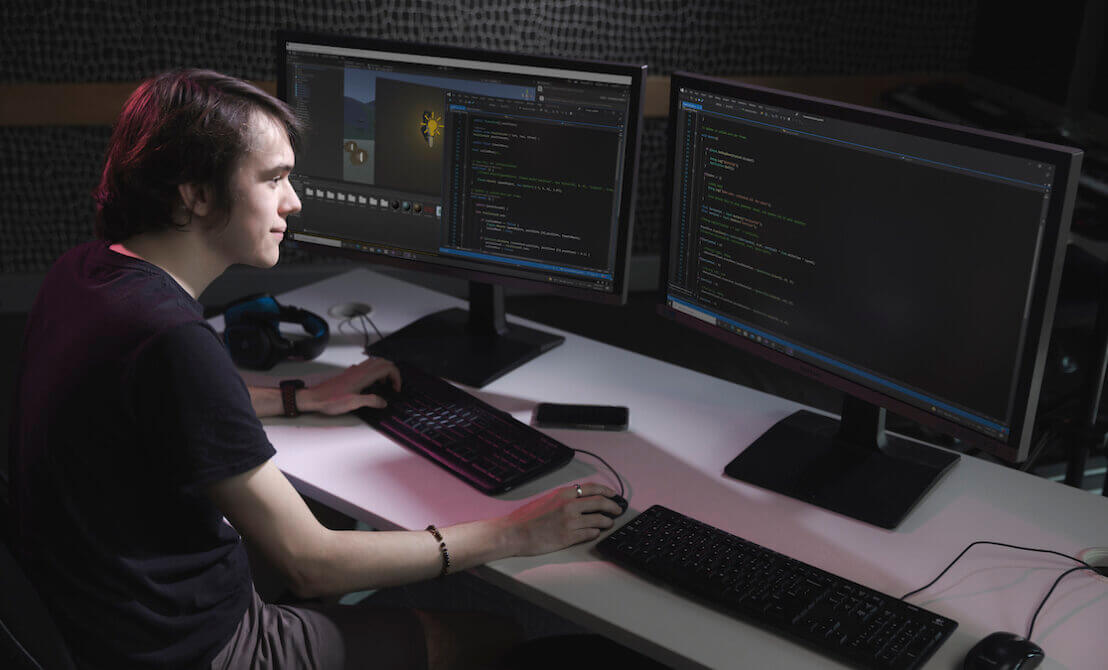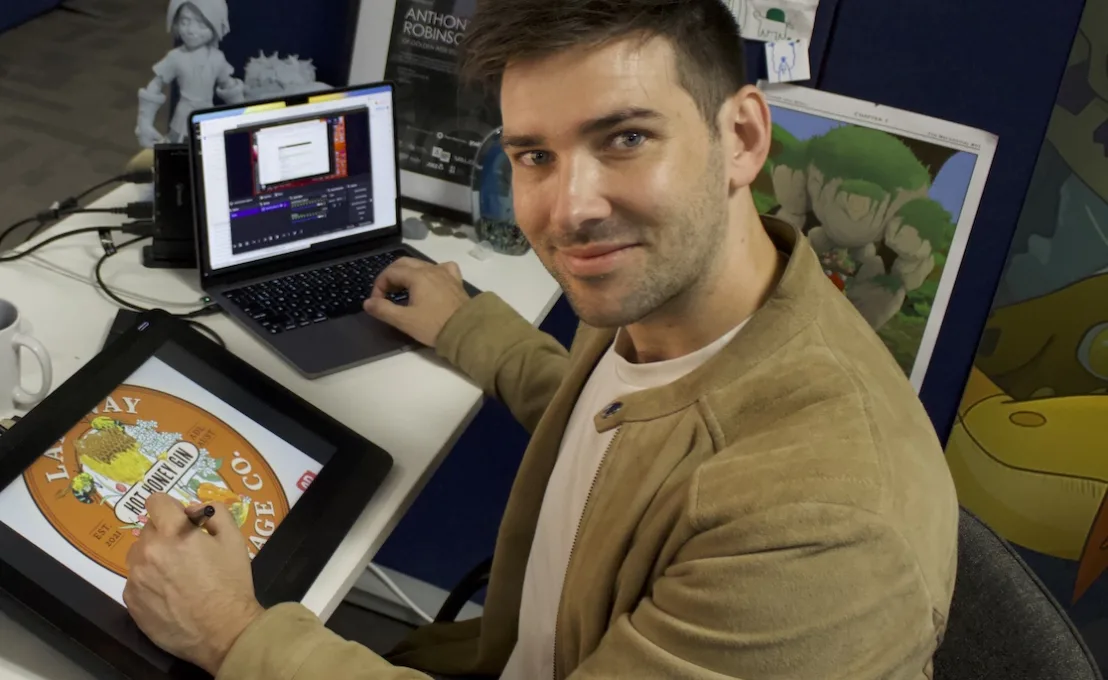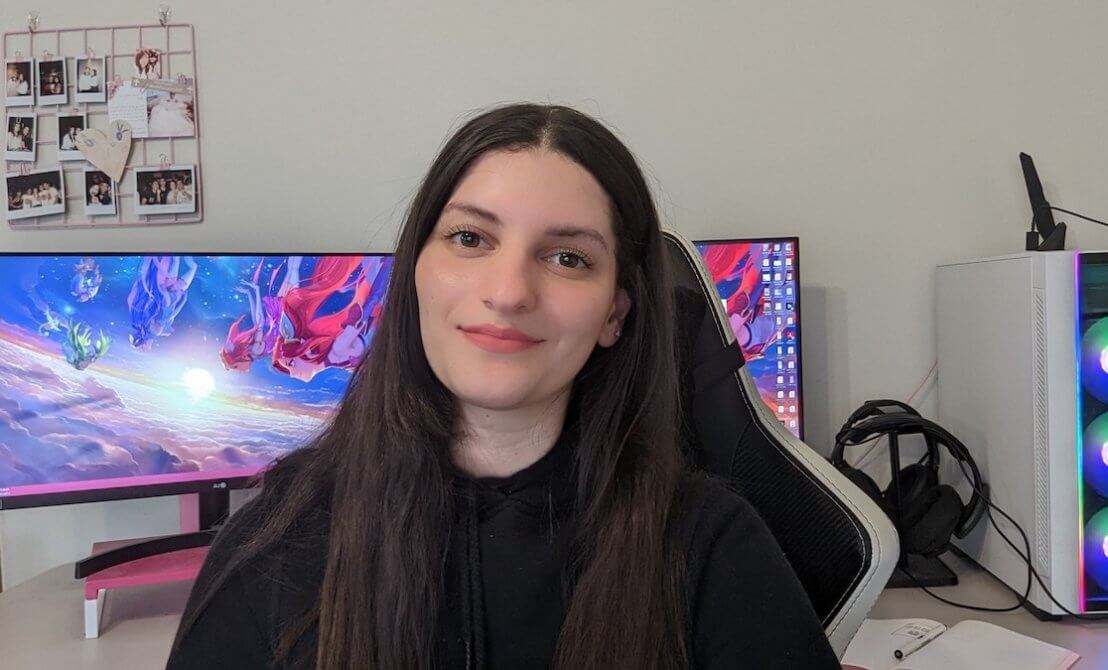

Games Development courses at SAE are designed to equip you with real-world games development skills and mastery of in-demand techniques that will set you apart from the competition.
As the most comprehensive of our games development courses, our Bachelor of Games Development combines key content with professional work placement opportunities and major project development.
Covering the fundamentals of our bachelors degree, our Associate Degree of Games Development equips you with the foundational knowledge you need to get your foot in the door.
If you’re after a crash course in games development, our Diploma of Game Development will prepare you for entry-level industry roles within just seven months of study.
Our small, interactive classes led by gaming gurus will see you deep- dive into gameplay mechanics, data manipulation, defining object behaviours and working with event systems.
Discover the power of interactive storytelling as you craft experiences that entertain, educate and impact. Delve into mobile and multiplayer game development, AI concepts, and techniques to create intelligent NPCs and realistic worlds.
Sharpen your skills in real-time engines like Unreal Engine, using tools like Niagara and Houdini to produce stunning VFX. With hands-on experience from day one, you’ll graduate with a robust portfolio and the technical expertise to impress future employers.
Ready, player one? Choose your ideal study path from our range of video game development courses today!
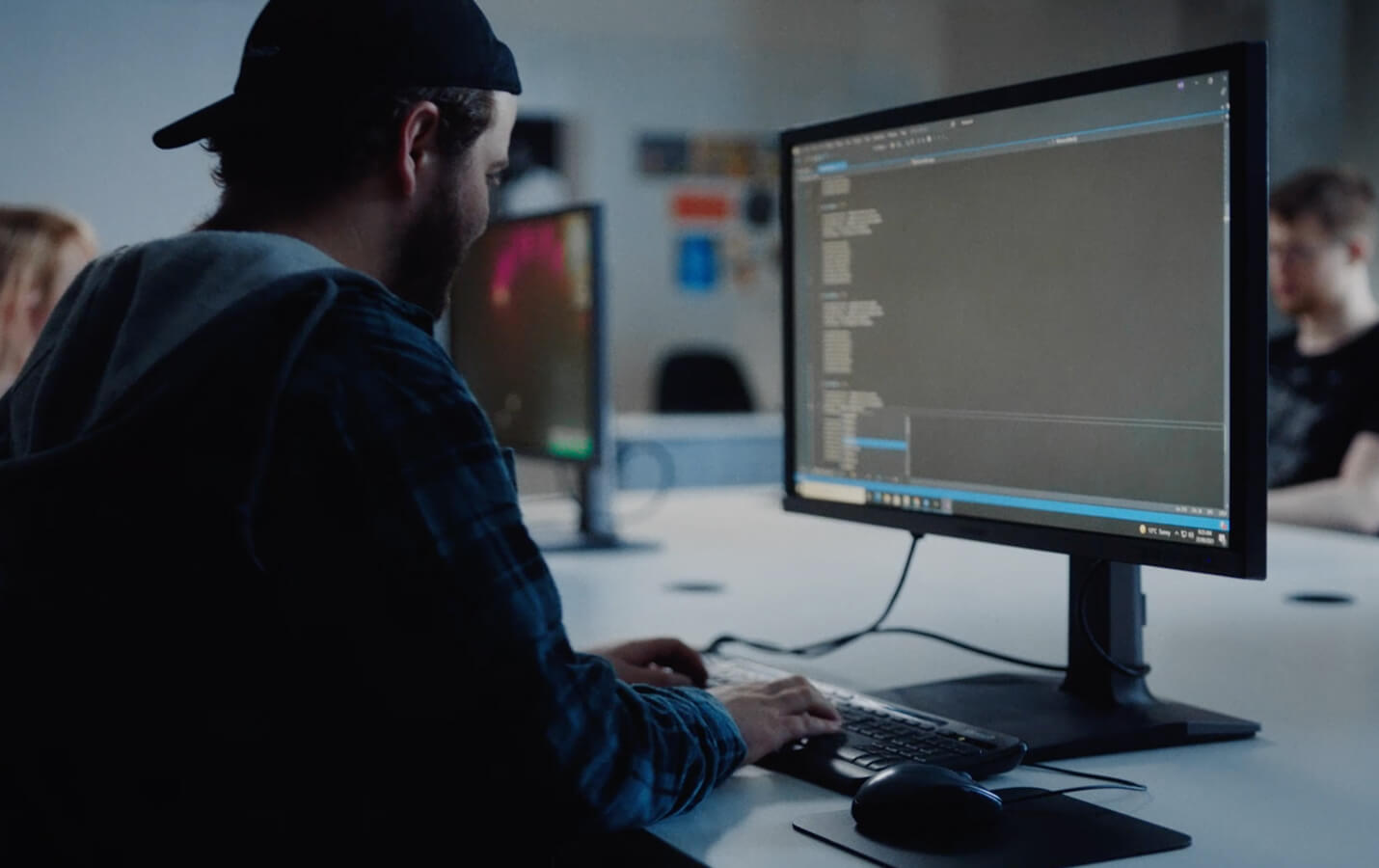
CAREER OUTCOMES
WHERE OUR GAMES DEVELOPMENT COURSES COULD TAKE YOU
- Game Designer
- Game Economy Designer
- Level Designer
- Simulation Specialist
- Systems Designer
- User Experience Designer
- Graphics Programmer
- Games Writer
What our graduates have to say
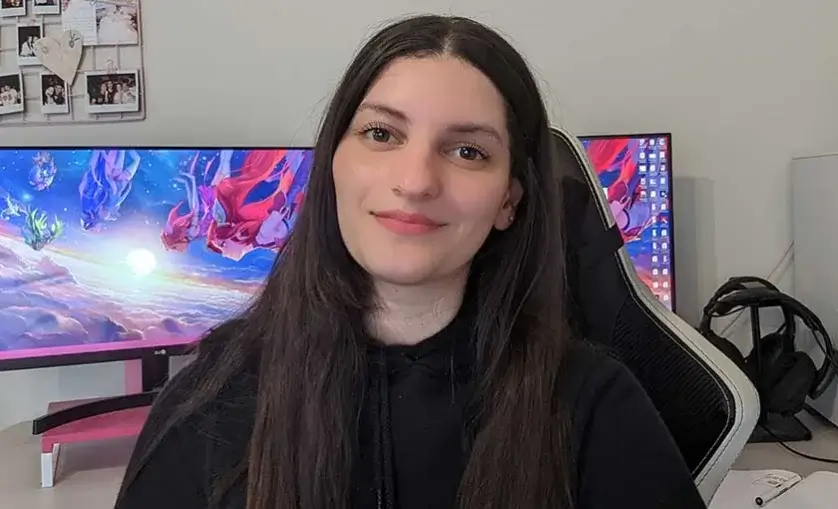
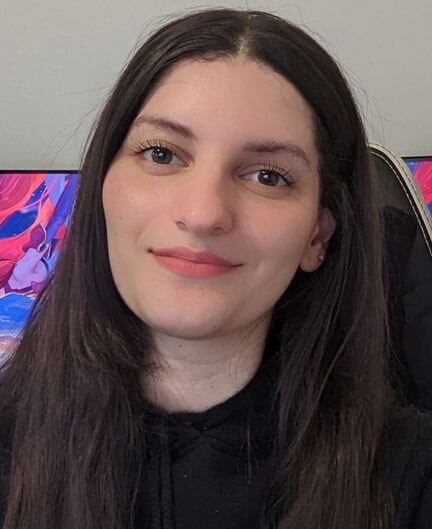
Rachel Toomeh
SAE Alumni | Current Job: Product Manager, Not Doppler Studio

Nik Pantis
SAE Alumni | Current Job: Production Manager, Ubisoft

Regine Caramancion
SAE Alumni | Current Job: Independent Games DeveloperLearn using Industry Tools & Software







YOUR CAREER IN GAMES BEGINS NOW
SAE’S VIDEO GAME DEVELOPMENT COURSES GIVE YOU ACCESS TO THE LATEST INDUSTRY-STANDARD SOFTWARE, INCLUDING:
ARE OUR GAMES DEVELOPMENT COURSES FOR YOU?
Still deciding whether you want to study one of SAE’s game programming courses? Check out our suitability recommendations to consider before you study games at SAE.
- a strong sense of creativity and imagination
- a willingness and ability to collaborate effectively with people from diverse backgrounds, including industry practitioners
- have technical, computer and software skills
- have critical thinking and problem-solving skills
- adaptability to changing technologies and industry trends
- possess an interest in the societal, ethical and cultural factors influencing creative industries
- a willingness to devote up to 10 hours per week for every 10 credit points you study. This will allow for scheduled classes, personal study and project work.
- a keen interest in programming and software development
- aptitude in mathematics and the application of various software platforms used to develop games and media
- a basic understanding of game design principles and gameplay mechanics.
A career in game design involves creating the structure, rules, characters, and experiences that make up a video game. Designers come up with ideas, plan how a game works, and work closely with artists, programmers, and writers to bring it to life. It’s about solving problems, building engaging experiences, and thinking from the player’s point of view.
Game designers can work on mobile games, console titles, indie projects, and large-scale AAA games. Some focus on one type, while others move between them. Studying game design gives you the chance to try different formats and figure out what suits your strengths and interests.
Game design teams may include level designers, systems designers, narrative designers, gameplay designers, UX specialists, and technical designers. In larger studios, there are also producers, testers, artists, and programmers. Each person plays a different part in creating the final product.
Start by learning the basics, building small games, and experimenting with ideas. Completing formal studies helps you understand the full development process, work with industry tools, and build a portfolio that showcases your skills and expertise.
While a degree isn’t always required, it can be helpful. Employers usually look at your portfolio, how you think about games, and how well you work with others. A structured course like our range of games qualifications gives you access to tools, feedback, and support to build those skills more quickly.
You can start by creating your own games or joining group projects. Participating in game jams, volunteering on indie projects, or building mods are great ways to gain experience. Courses at SAE also give you the chance to work on real projects while you study.
Game designers need creativity, problem-solving skills, and a good understanding of how games work. It helps to think like a player and be able to communicate ideas clearly. Being open to feedback and paying attention to detail are also important.
Game designers often use tools like Unity or Unreal Engine to build games. Other software includes Photoshop, Illustrator, Blender, and programs for writing, prototyping, or managing projects. At SAE, students learn to use these tools in hands-on projects.
Not all designers need to code, but knowing the basics can help. It lets you test your own ideas and understand how your designs work in practice. Some roles involve more coding, while others focus on storytelling, level design, or game mechanics.
Communication, teamwork, and time management are essential. You’ll often explain your ideas, give and receive feedback, and work with different people to solve problems. Being adaptable, organised, and curious helps in fast-moving development environments.
Game design can be stable, but it depends on the company, your role, and the industry at the time. Some jobs are permanent, while others are contract-based. Building a strong skill set and a good portfolio helps improve your chances of long-term employment.
Salaries vary depending on experience, location, and the size of the studio. In Australia, a mid-level game designer might earn between $70,000 and $100,000 a year. Entry-level roles tend to be lower, but salaries can grow quickly with experience.
There is a mix. Some studios offer permanent positions, especially larger ones. Others may hire freelancers or offer fixed-term contracts. Many people start with contract work, then move into full-time roles as they gain experience and build industry contacts.
Hours can vary depending on the studio and the stage of development. Most designers work regular hours, but some projects involve longer days, especially near a launch. Good time management helps reduce pressure during busy periods.
Work/life balance depends on the studio and your role. Some companies encourage flexible, balanced work habits. Others may have high-pressure periods with tight deadlines. It’s important to look for a workplace that respects balance and to set boundaries when needed.
Read SAE Games Development News
WHY STUDY GAME DESIGN COURSES AT SAE
At SAE University College, our practical approach to learning allows you to start honing your skills from day one, establishing a portfolio of work fit to impress your future clients. You’ll learn in small, collaborative classes and online study components, designed to offer the tailored academic support you deserve.
Guided by expert lecturers with extensive professional experience, you’ll master the latest industry-standard tech and tools to create projects you’re proud of. Our campuses are packed with specialist equipment and software for you to develop the in-demand technical skills required for your dream career.
Cross-discipline collaboration allows you to learn from your peers and expand the depth of your creative projects. Together, you’ll develop innovative solutions to real-world briefs and build highly transferable communication and project management abilities.

To complement your technical skills and ensure you graduate industry ready, you’ll learn key strategies for self-promotion and personal brand development and explore ways to leverage these skills in an ever-evolving creative market.
Want to know more? Have questions to ask us? Book a call with an SAE Course Advisor today.




